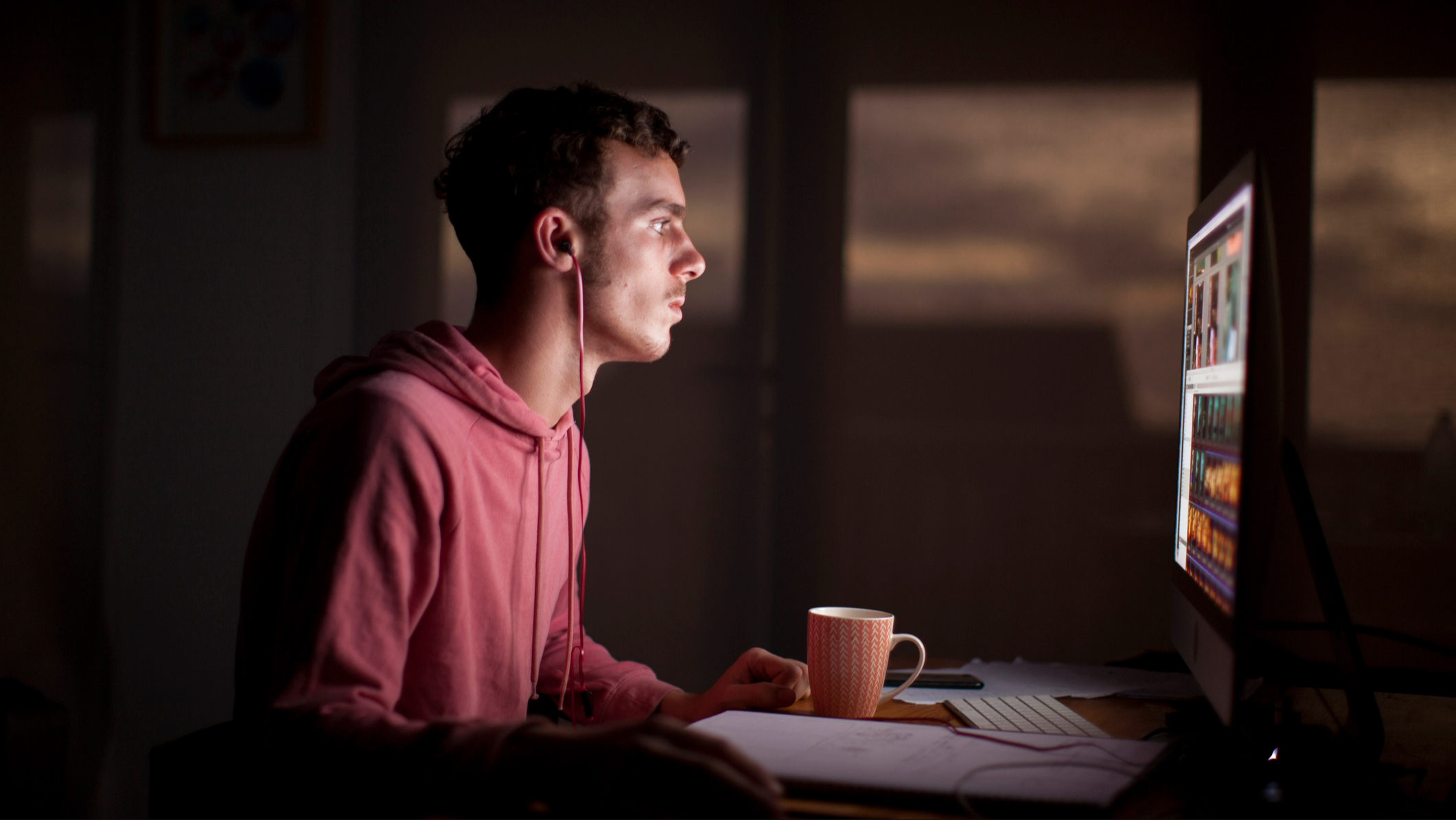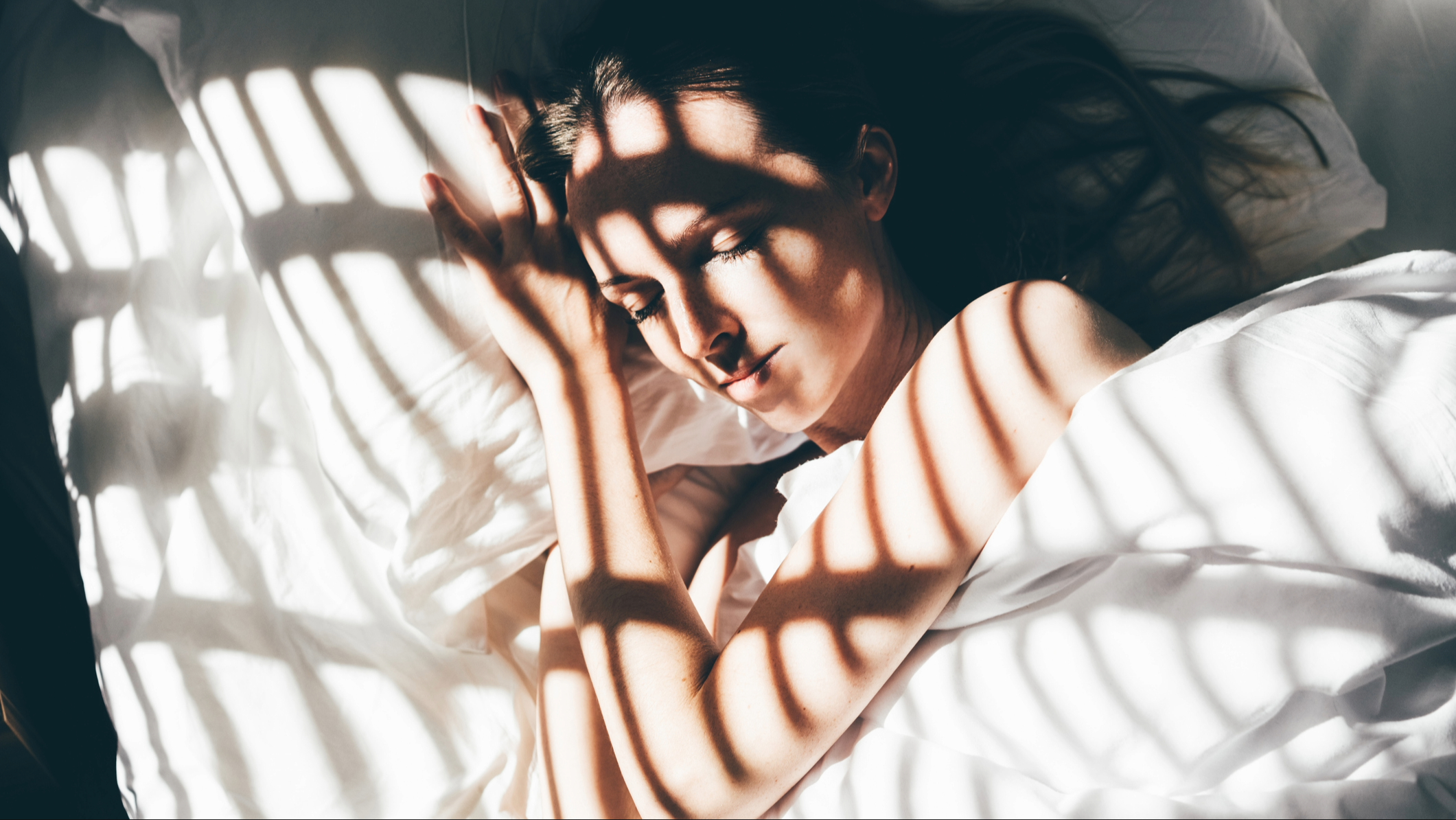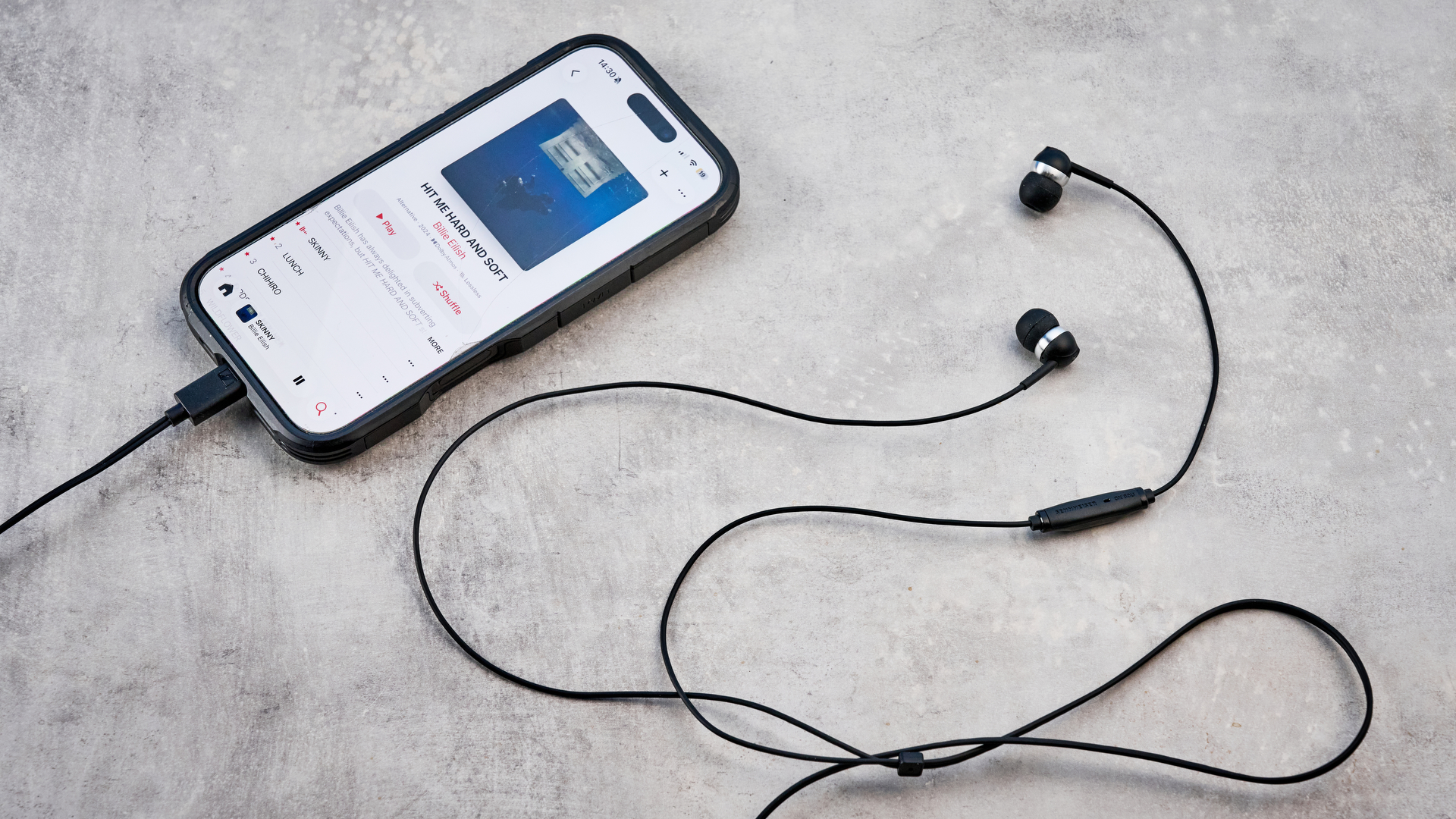You win, night owls — new sleep study suggests staying up late makes you mentally sharper
Staying up late could improve your brain function, study finds

Here at Tom’s Guide our expert editors are committed to bringing you the best news, reviews and guides to help you stay informed and ahead of the curve!
You are now subscribed
Your newsletter sign-up was successful
Want to add more newsletters?
Join the club
Get full access to premium articles, exclusive features and a growing list of member rewards.
If you are naturally more focused and proactive in the evenings, with your preferred bedtime anywhere beyond the 12am mark, then you might consider yourself a ‘night owl’. However, if you're among the population who struggle to keep your eyes open past 10pm, you’re probably a ‘morning lark’.
A new study by Imperial College London analysed the data of 26,000 people and found that night owls performed better in cognitive tests compared to those who enjoy an early morning, leading them to the conclusion that night owls are generally more mentally sharp than morning larks.
- Read more: Increased depression, poor sleep quality and higher alcohol intake — is your late night worth it?
Key takeaways from the study
- Study showed 'night owls' generally performed better in cognitive tests
- Early-risers consistently showed the lowest cognitive scores in both groups analyzed
- Sleeping for fewer than 7 hours had detrimental effects on brain function
The study, published in BMJ Public Health in July, found that our natural bedtime preferences can have a big impact on our mental alertness. These finding come from 26,000 people who took part in cognitive tests that included Fluid intelligence/reasoning, Pairs Matching, Reaction Time and Prospective Memory.
The results showed that self confessed 'night owls' generally performed better in cognitive tests compared to 'morning larks.'
Here, we'll explore in finer detail the findings of the study and take a closer look at whether you can change the time you naturally feel inclined to sleep and what that means for your mental alertness.
What are night owls?
Night owls and morning larks are colloquial names for specific chronotypes, which are determined by genetics, age and other factors. A chronotype is the body’s natural waking and sleeping schedule. Night owls generally refers to people who sleep between the hours of 12am and 11am.
This can be influenced by genetics and circadian rhythms. So, if you feel naturally energised in the morning, but your partner struggles to get out of bed, it’s likely you have different chronotypes. While there are no right or wrong chronotypes, this study has found that they can impact cognitive ability.
Get instant access to breaking news, the hottest reviews, great deals and helpful tips.
Researchers looked at the data from 26,000 people who described themselves as ‘morning people’ or ‘evening people’ to find out how different aspects of sleep - including duration, patterns, and quality - affected mental sharpness and overall cognitive ability.

What did the study find?
The results from the study were highly significant, due to the notable differences in test scores. Night owls scored about 13.5% higher than morning types in one group and 7.5% higher than morning types in another group.
And considering the analysis was adjusted for factors like age, gender, health conditions, and lifestyle, these are pretty definitive results.
The study even found that intermediate sleepers – those who vary between night owl and morning lark - also did better, scoring around 10.6% and 6.3% higher than morning types in the two groups.
Does staying up late make you more mentally alert?
While the study wasn’t able to decipher why staying up late was linked to better cognitive performance, it did stress the importance of getting enough sleep, which could imply those who wake early may not be getting as much sleep as those who lie in.
Dr Raha West, a doctoral fellow for the National Institute for Health and Care Research and lead author on the study, notes that “While understanding and working with your natural sleep tendencies is essential, it's equally important to remember to get just enough sleep, not too long or too short.”

“We’ve found that sleep duration has a direct effect on brain function, and we believe that proactively managing sleep patterns is really important for boosting, and safeguarding, the way our brains work,” xo-study leader, Daqing Ma, adds.
However, there could be deeper links between staying up late and cognitive ability, Dr West concludes that “Rather than just being personal preferences, these chronotypes could impact our cognitive function."
So, rather than trying to fight your natural chronotype, it’s better to adjust your lifestyle to suit it and ensure you get 7-9 hours of sleep every night.
How to get better sleep for a sharper mind
Listen to your body
Listening to the natural rhythms of your body and noting when your energy peaks and when you feel sleepy is essential for getting the rest you need. Rather than trying to change your chronotype to fit a new job, partner, or lifestyle, you should adjust your daily routines to accommodate for when you need to rest.
Dr West maintains that “While it’s possible to shift your natural sleep habits by gradually adjusting your bedtime, increasing evening light exposure, and keeping a consistent sleep schedule, completely changing from a morning to an evening person is complex.”
You’re likely to improve your cognitive function by simply ensuring you’re getting the right amount of rest, so don’t force yourself to be active when your body and mind aren’t cooperating.
Avoid caffeine after midday

Caffeine has a very long half-life, meaning it stays in your system for hours. This means, even if you feel the effects of a coffee wear off, it is likely to still effect your brain and nervous system.
Drinking caffeine after midday can make it difficult to fall asleep, and it can also make it more likely for you to wake up during the night. Avoiding caffeine and coffee before bed can help you tap into your natural circadian rhythm.
Perfect your sleeping environment
Our nighttime environment and what we sleep on plays a huge role in the quality of sleep we get. Ensuring you have the best mattress for your needs and preferences will help prevent disruptions during the night, enabling both body and mind to replenish. Alongside this, your bedroom should be cool, dark, clutter free, and quiet. The fewer potential disruptions, the better the quality of sleep you’re getting. If you need help brushing up on your sleep environment, check out our advice on how to improve your sleep hygiene.

Lauren is an experienced writer and editor in the health and lifestyle industry and has led many campaigns and projects that deliver news, advice, and research on all things sleep. As the Sleep Features Editor for Tom’s Guide, Lauren writes, commissions and edits sleep and mattress content, from in-depth how-tos in sleep and mattress health to interviews with doctors and neuroscientists on the latest news in sleep. Lauren regularly tests new sleep tech and accessories to evaluate their effectiveness for getting good quality sleep and easing specific sleep struggles like nighttime anxiety. Alongside this, Lauren reports on the best mattress brands out there, like Helix, Saatva, and DreamCloud, helping readers find the right mattress for them and the best deals on them.
 Club Benefits
Club Benefits










